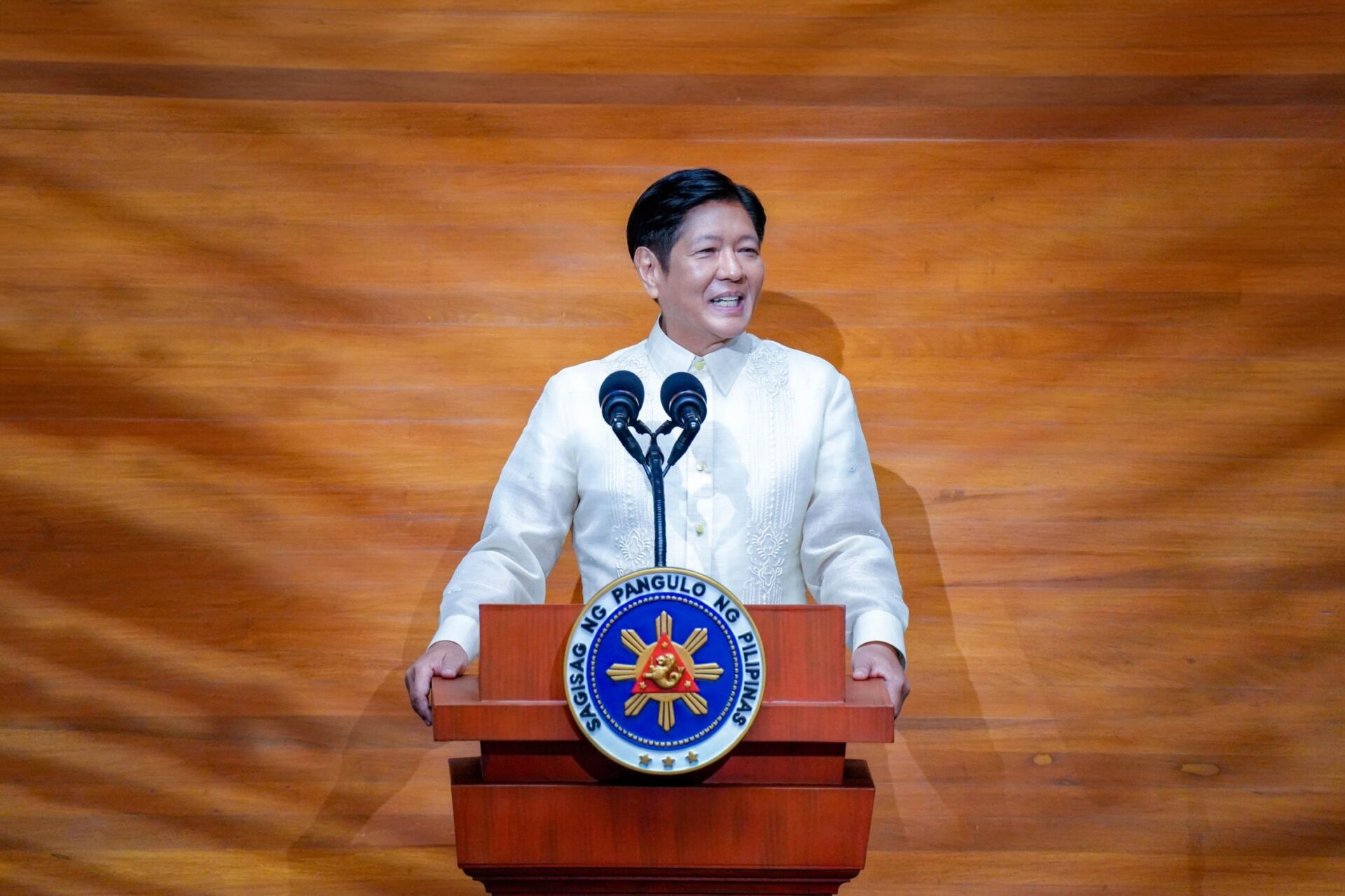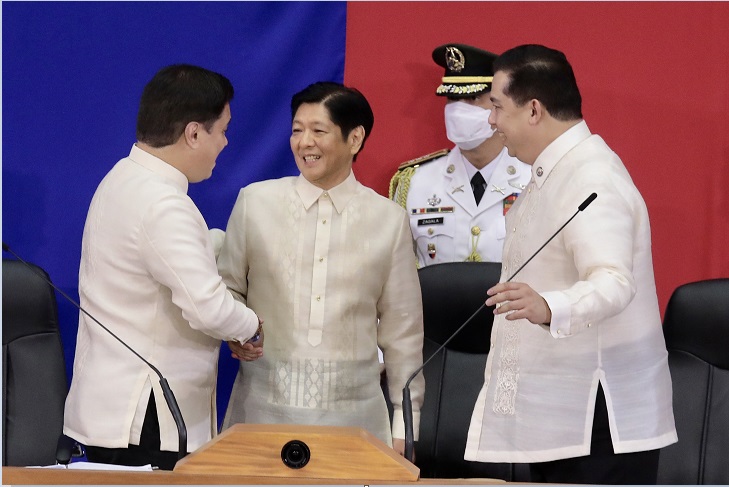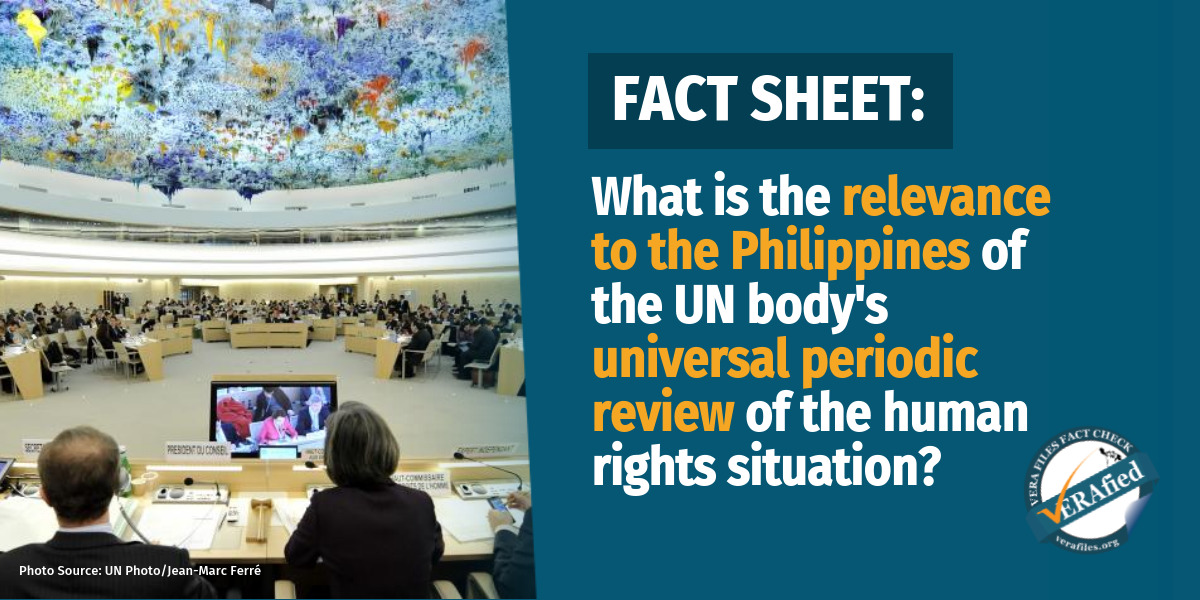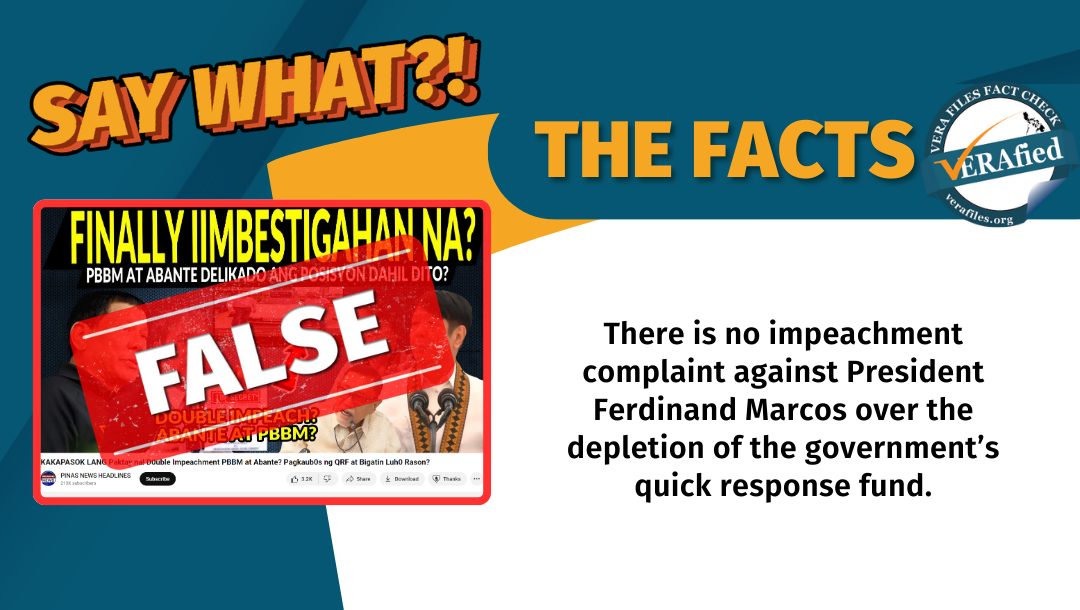The latest Pulse Asia survey shows the top three priority concerns that Filipino adults want President Ferdinand Marcos Jr. to discuss in his upcoming state of the nation address: rising prices, workers’ wages and peace and order. A similar survey in June 2024 had basically the same result.
Marcos did take up the issue of rising prices in his 2024 SONA, declaring at the outset that economic data showing the country among the best performing in Asia means nothing to Filipinos who are confronted with high prices, particularly that of rice at P45 to P65 per kilogram. Has the situation improved one year later?
The government may have put up more Kadiwa stores selling rice at P20 per kg, but these are accessible only to targeted sectors such as senior citizens and low-income families, who can buy up to 30 kg per month.
Although it somehow helps poor families cope with high prices, the government subsidy that goes to it is taken away from other priorities. This is why critics consider it a band-aid solution to a complex problem.
Will the president lay down effective policies and strategies to enhance and sustain agricultural productivity and farmers’ access to markets? Or will he again attribute his administration’s failure to effectively address the public’s top concern to external factors such as international market forces, the conflict in the Middle East and the El Niño phenomenon?
Pulse Asia’s survey, conducted from June 26 to 30, showed 62% of its 1,200 respondents Filipinos were concerned about inflation — more than seeking higher wages and alleviating poverty. It aligns with its earlier polling that shows inflation topped the ranking in the list of national concerns they want the president to include in his fourth SONA on July 28.
Increasing workers’ pay ranked second among the respondents’ concerns that they want Marcos to discuss, followed by improving peace and order, particularly the problem with illegal drugs.
The 19th Congress failed to agree on a legislated wage hike, with the Senate approving way back in February 2024 a bill providing for a P100 daily wage increase while the House came up last June with a P200 adjustment in the minimum wage of private sector workers, regardless of whether they’re regular or not.
Will the president endorse a legislated wage bill, which is opposed by his economic managers, saying it could have dangerous repercussions, including higher inflation, unemployment and slower economic growth?
Indeed, any wage adjustment, legislated or not, causes prices of commodities to soar even before workers could receive the raise, and the government does not have enough price monitors to check against abuses.
Other urgent national issues mentioned in the survey were poverty reduction (26%), job creation (25%), and fighting graft and corruption in government (24%). The least of their concerns are national territorial integrity (5%), welfare of OFWs (4%), and terrorism (1 %).
Do these concerns align with those of Malacañang and Congress?
The reason for the public to have an unfavorable view of politicians is their tendency to push their political or even business agenda after they get elected, relegating the public interest to the back burner. Many disguise their political agenda with programs that would seem to provide help by distributing one-time cash assistance or finance projects and forget about them after ribbon-cutting.
Do you know of politicians who truly care for the people they represent? How about legislators who do a good job of promoting laws and policies that serve the public interest, instead of bragging about their brushes with the law?
Considering that the 20th Congress has members who were not part of the previous one, will there be changes in their priorities?
In his SONA on Monday, will Marcos take a clear stand on the impeachment of Vice President Sara Duterte? Will he be endorsing a budget program similarly designed as in past years, with provisions for “ayuda” in various shapes and amounts that take away funding from more important projects such as infrastructure and support to the farming sector?
Halfway through its six-year term, how and where is the administration’s Bagong Pilipinas campaign playing out in these top national concerns?
How will the remaining three years be positively different for a majority of Filipinos struggling to cope not only with relentlessly rising prices but also with incompetent leadership at various levels of public service?
The views in this column are those of the author and do not necessarily reflect the views of VERA Files.
This column also appeared in The Manila Times.






